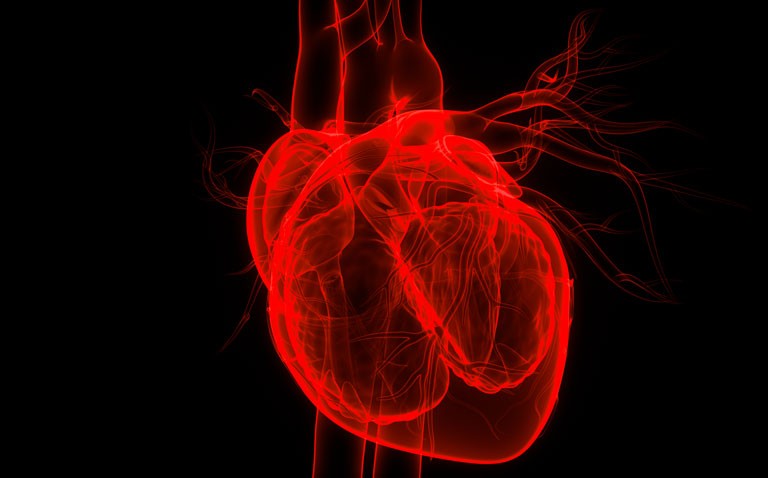A retrospective cohort study of heart failure patients has revealed a significantly higher incidence of all types of cancer.
Patients with heart failure (HF) have both a functional impairment and a poor health-related quality of life. However, it is not always the HF which has the biggest impact on quality of life. For example, one study of over 700 HF patients, found that less than half (48%) reported that their quality of life was limited by heart failure, with nearly a fifth (18%) citing other medical problems as the dominant factor. Similarly, a Swedish study of 10,500 patients observed that depression and anxiety had the strongest associations with functional limitations and patient-rated health. In fact, Heart failure has a poor prognosis and a UK study estimated 10-years survival to be only 26.2%.
Interestingly, other data point to a potential relationship between the presence of heart failure and cancer. In 2020 it was observed that among patients with ejection fractions less than 45%, cancer accounted for 6 to 14% of all deaths and was independent of treatment. This led the authors to conclude that cancer is a major, yet overlooked cause of non-cardiovascular death in heart failure. Given this potentially overlooked cause of death, a team from the Clinic for Gastroenterology, Hepatology and Infectious Diseases, University Hospital, Dusseldorf, Germany, undertook a retrospective analysis of the incidence of cancer in patients after a diagnosis of HF. The team turned to the German Disease Analyser database, which contains information on prescriptions, diagnoses together with basic demographic and medical data in an anonymous format that comes directly from a sample of general practitioners and specialists throughout the country. For their analysis, included patients were over 18 years of age with an initial diagnosis of HF and individuals already diagnosed with cancer were excluded from the dataset. Patients with HF were propensity-matched by sex, age, yearly consultation frequency together with the presence of two co-morbidities; obesity and diabetes and followed for a period of 10 years.
Findings
A total of 100,124 patients with a mean age of 72.6 years (54% female) were matched with a non-heart failure cohort. Diabetes and obesity were present in 37.4% and 15.9% respectively in the heart failure group and patients visited their general practitioner an average of six times per year. The prevalence of cancer in HF patients was 25.7% compared with 16.2% in the control cohort (p < 0.001). This pattern was similar for both sexes, with 23.2% vs 13.8% (males) and 28.6% vs 18.8% (females). In regression analysis, heart failure was significantly associated with the incidence of cancer (hazard ratio (HR) = 1.76, 95% CI 1.71–1.81, p < 0.001), with a similar and significant effect seen in the two sexes, i.e., males (HR = 1.69) and females (HR = 1.69). When examining the relationship between cancer location and HF, the strongest association was for the lip, oral cavity and pharynx (HR = 2.10, 95% CI 1.66–2.17, p < 0.001), followed by respiratory organs (HR = 1.91) and female genital cancer (HR = 1.86).
While the authors suggested that these associations were not indicative or a direct causal relationship, they noted evidence from other work indicating how circulating levels of cardiovascular peptides such as N-terminal pro BNP are elevated in heart failure patients with cancer. They concluded by calling for future studies to clarify this relationship.
Citation
Roderburg C et al. Heart failure is associated with an increased incidence of cancer diagnosis. ESC Heart Fail 2021










